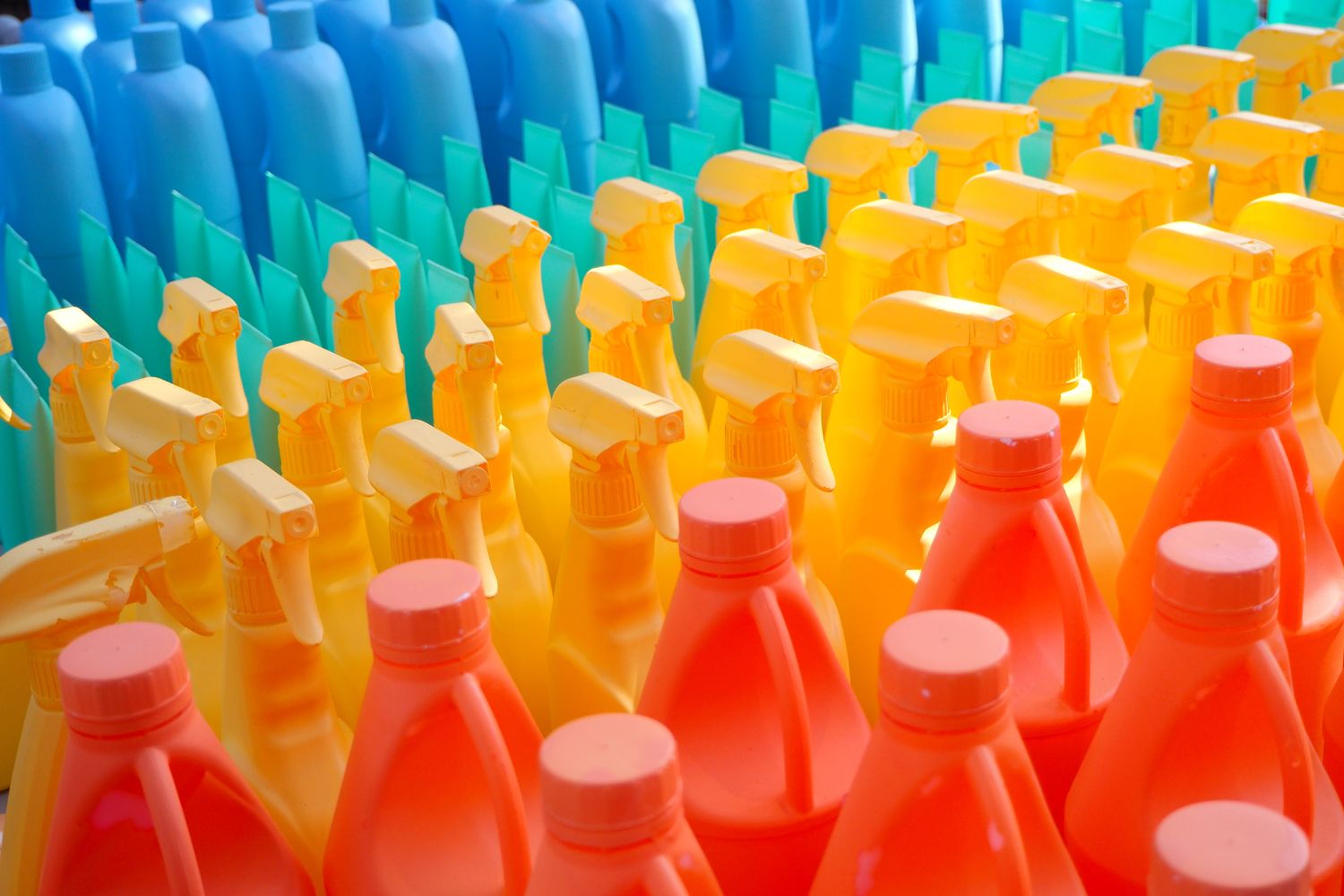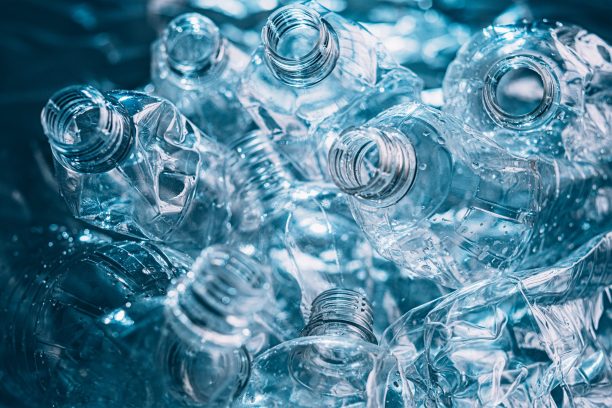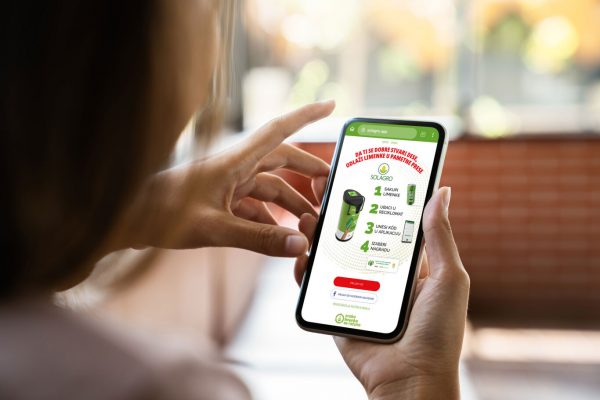EU Introduces New Packaging Regulations to Promote Reduction, Reuse, and Recycling
- 29. April 2024
- Blog
Objectives of New EU Regulations
In recent years, packaging waste has been on the rise, with the EU’s total increasing from 66 million tons in 2009 to 84 million tons in 2021. This concerning trend has prompted the EU Parliament to take action. Proposed measures aim to make packaging more sustainable, reduce waste, and harmonize internal market rules. By adopting this legislative update, the EU aims to address the ever-growing waste issue, promote a circular economy, and create a more sustainable future.
An Overview of the New Measures
Reduce Packaging: These regulations propose ambitious targets for packaging reduction. By 2030, a mandatory 5% reduction is set, increasing to 10% by 2035 and further to 15% by 2040. These targets, provisionally agreed upon with the Council, demonstrate a collective commitment to minimizing environmental impact and promoting sustainable business practices.
Banning Single-Use Plastics: Effective January 1, 2030, certain single-use plastic packaging types will be phased out. This step is a shift from reliance on non-biodegradable materials to embracing eco-friendly alternatives. Businesses face adapting their strategies accordingly to comply with these regulations and contribute to a greener future.
Promoting Reuse and Refill Options: In addition to reduction targets, the regulations incentivize the adoption of reuse and refill options for consumers. Specific targets set for 2030 cover various sectors, including alcoholic and non-alcoholic beverage packaging, transport, sales packaging, and grouped packaging. Furthermore, establishments offering beverages and takeaway food are mandated to provide consumers with the option of bringing their own containers, fostering a culture of sustainability.
Embracing Recyclable Packaging: Under the new measures, all packaging must meet stringent criteria to be deemed recyclable. This shift towards recyclable materials emphasizes the importance of responsible waste management and resource conservation. Minimum recycled content targets for plastic packaging and recycling targets by weight of packaging waste further reinforce the commitment to circular economy principles.
Collecting Single-Use Plastics: By 2029, a measure of collecting 90% of single-use plastic and metal beverage containers (up to three liters in size) separately is set. This initiative utilizes deposit-return systems to ensure the efficient collection and recycling of packaging waste, minimizing its environmental impact.
Conclusion
As we embark on this journey towards sustainability, these regulations serve as a catalyst for positive change. By collectively reducing packaging, banning single-use plastics, promoting reuse and refill options, embracing recyclable materials, and implementing efficient waste collection systems, we can pave the way for a greener, more sustainable future.
Next steps: The council must approve the agreement before it can enter into force formally.
RLG can help
Complex regulatory updates can be a resource burden, but with RLG, you can rest assured we can help with all your compliance needs. Our experts stay current with the latest regulations and will guide you through the process, ensuring your business meets all necessary requirements.
Contact us today to learn more about our services and how we can support your business every step of the way.









